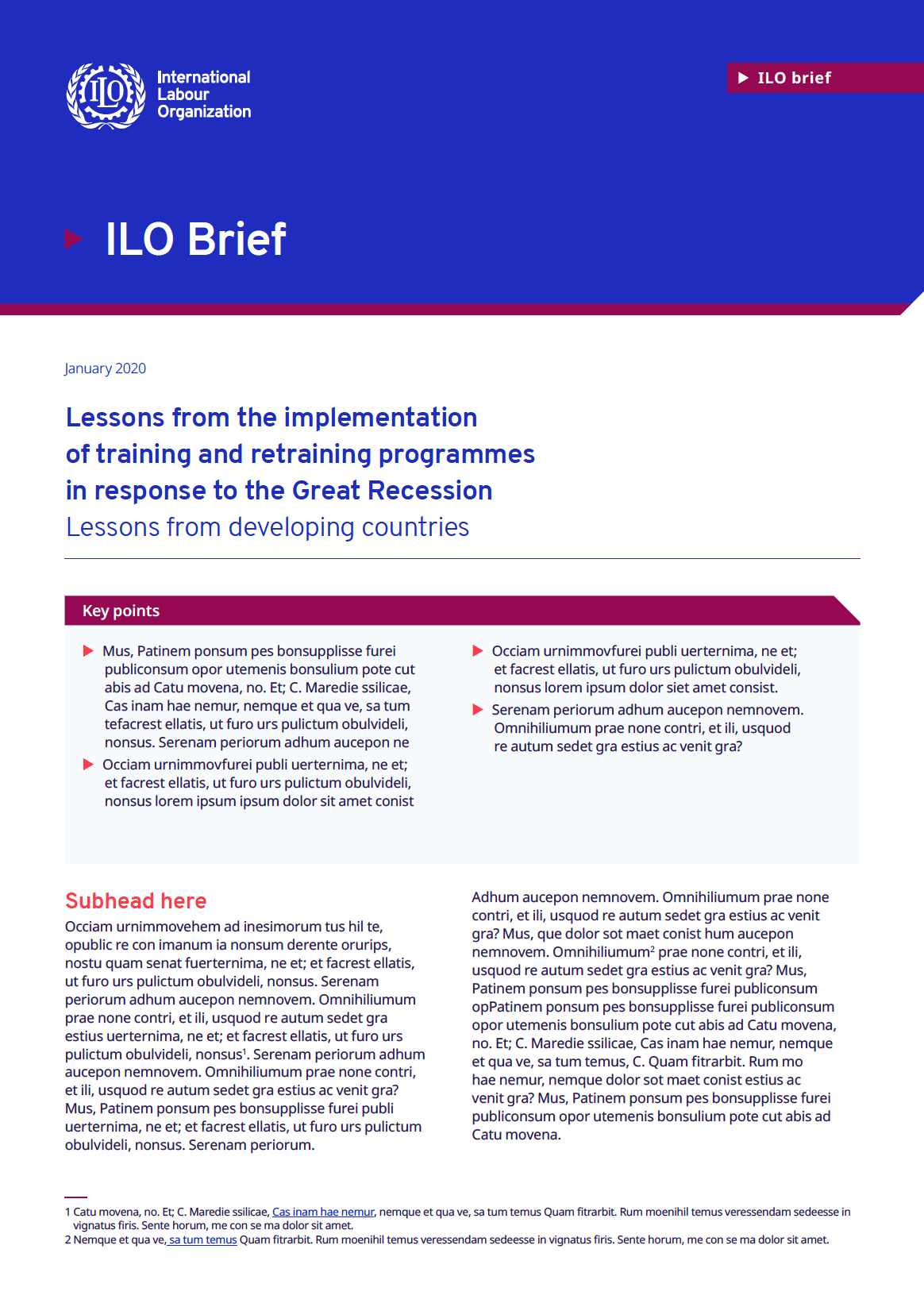Bessere Kompetenzen, bessere Arbeitsplätze, ein besseres Leben: Ein strategisches Konzept für die Kompetenzpolitik
Da sie sich sowohl der Komplexität der Kompetenzpolitik als auch der Möglichkeiten eines gegenseitigen Lernprozesses bewusst ist, hat die OECD eine globale Kompetenzstrategie ausgearbeitet, die den Ländern dabei helfen soll, die Stärken und Schwächen ihrer Qualifikationssysteme zu identifizieren, sie im internationalen Vergleich zu betrachten und Maßnahmen auszuarbeiten, mit denen erreicht werden kann, dass Kompetenzen zu besseren Arbeitsplätzen, einem höheren Wirtschaftswachstum und mehr sozialer Inklusion führen. Diese Publikation stellt eine Strategie vor, die den Ländern bei der Verwirklichung des Ziels der Heranbildung und optimalen Nutzung eines hervorragenden Pools an Kompetenzen helfen wird. Die Skills Strategy der OECD beinhaltet eine Umorientierung von traditionellen Messgrößen des Kompetenzniveaus, z.B. der Zahl der formalen Bildungsjahre oder den erworbenen Bildungsabschlüssen, hin zu einer wesentlich weiter gefassten Messgröße, die sich auf die Kompetenzen erstreckt, die Menschen im Verlauf ihres gesamten Lebens erwerben, nutzen, pflegen und u.U. auch wieder verlieren können. Wird nicht ausreichend in Kompetenzen investiert, müssen Menschen ein unbefriedigendes Leben am Rande der Gesellschaft fristen, kann sich technischer Fortschritt nicht in Wirtschaftswachstum niederschlagen und können Länder in einer weltweit zunehmend wissensbasierten Gesellschaft nicht mehr im Wettbewerb mithalten. Zudem müssen Kompetenzen, wie in der Publikation betont wird, während des ganzen Lebens kontinuierlich gepflegt und erweitert werden, damit sie ihren Wert nicht verlieren und es den Menschen ermöglichen, miteinander in einer Weise zusammenzuarbeiten, zu konkurrieren und zu kommunizieren, die Wirtschaft und Gesellschaft voranbringt.




